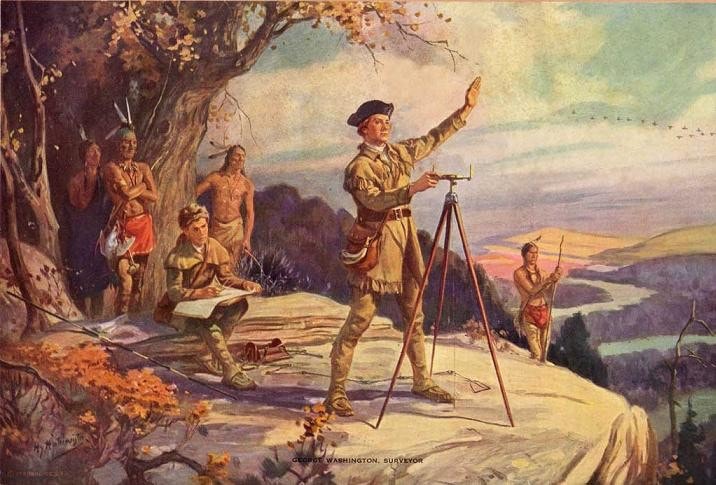
ADVERTISEMENT - CONTINUE READING BELOW
5. Colonial relations with the Iroquois revealed the structure of their confederation
The colonial governments dealt with the Iroquois during both war and peace, and included the governments of the British North American colonies, the governors of New France, and their military and civilian representatives. A great deal of transactions in colonial America failed to adequately identify who owned what. The Iroquois frequently sold or ceded land by treaty occupied by other Native tribes not members of their confederation. This included, at different times, the land between the Shenandoah River and the Ohio, sold to the colonial government of Virginia. They ceded the lands of Pennsylvania in a series of treaties, as well as those of upstate New York, most of the Ohio Country, land around the Great Lakes, and other vast tracts which they claimed to own during negotiations with colonial representatives.
Some of the lands thus transferred to British America were claimed by other tribes, driven off of them by Iroquois warriors during the Beaver Wars and other conflicts. The conflicting claims and acquisition of new lands meant extensive contact between Iroquois sachems and colonial leaders in the years leading up to the American Revolution. American leaders including Benjamin Franklin and George Washington became familiar with the Iroquois and their form of government. Franklin dealt with them as a diplomat during treaty negotiations and land purchases. Washington dealt with them as a surveyor, and later as a soldier and enemy. Both came to understand the power of the Iroquois Confederation and its influence on non-member tribes. Other Americans knew of them as well, including Daniel Boone, the Clark brothers George Rogers and William, and even John Adams, who studied their form of government.

